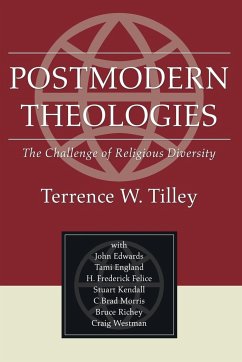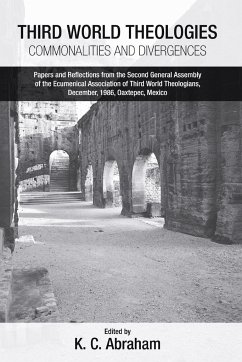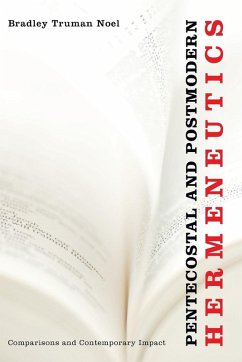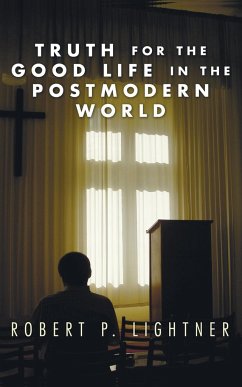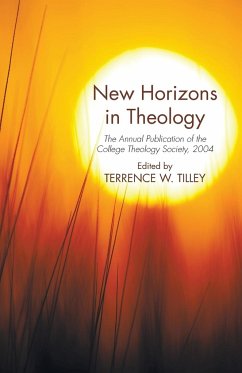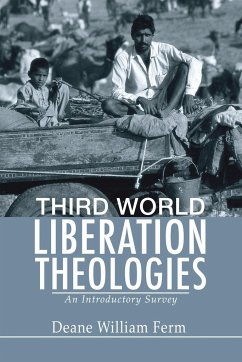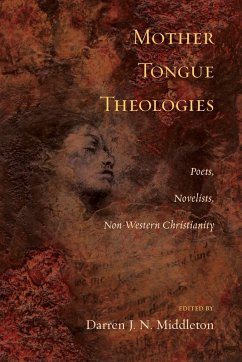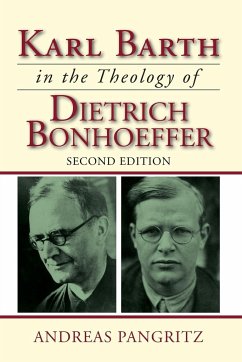An introduction and evaluation of contemporary approaches to theology, Postmodern Theologies sets out to discern movements shaping the ""postmodern"" study of religion in a unique collaborative venture born of a postgraduate seminar at Florida State University. While some might say that theology after the death of God is like biology after the end of life--a discipline without a subject--Postmodern Theologies identifies four general patterns of ""postmodernisms"" in theology today: ""constructive"" theologies (with Helmut Peukert, David Ray Griffin, and David Tracy cited as examples); postmodernisms of ""dissolution"" (Thomas J. J. Altizer, Mark C. Taylor, and Edith Wyschogrod); postliberal theologies (George Lindbeck); and ""communal praxis"" (exemplified by Gustavo Gutierrez and other Latin American theologians, and James Wm. McClendon and Sharon Welch among North Americans). These theologies eschew debates on traditional religious foundations to define true religion as the result of--rather than the impetus to--living one's beliefs. As these disparate approaches to theology are not directly comparable, the final chapter of Postmodern Theologies instead analyzes how each one accounts for the plurality of religions. Exploring the postmodern strategies for coping with one of the most difficult questions in any theological age offers a fascinating way to assess their inherent strengths and weaknesses.
Bitte wählen Sie Ihr Anliegen aus.
Rechnungen
Retourenschein anfordern
Bestellstatus
Storno

